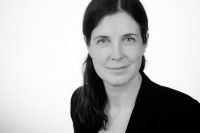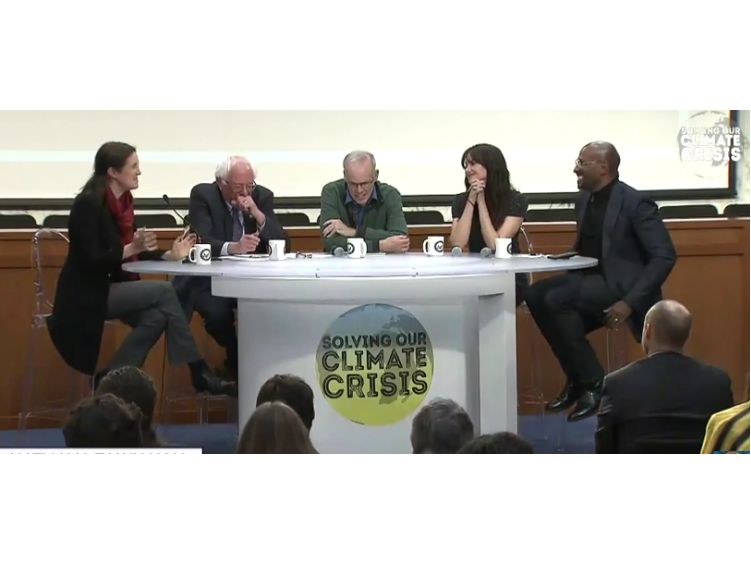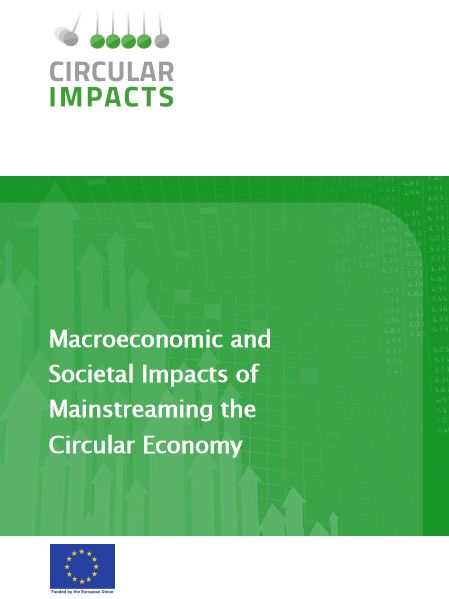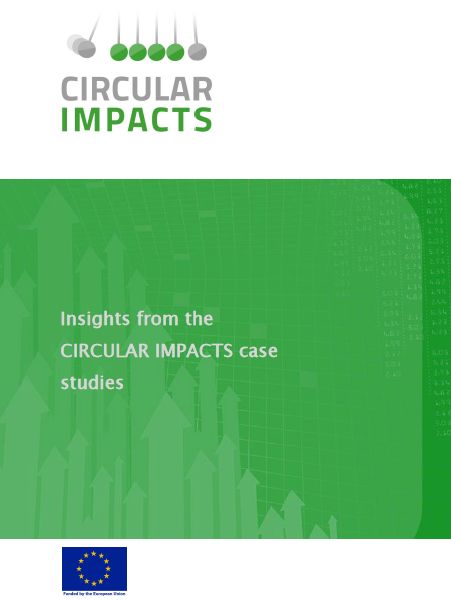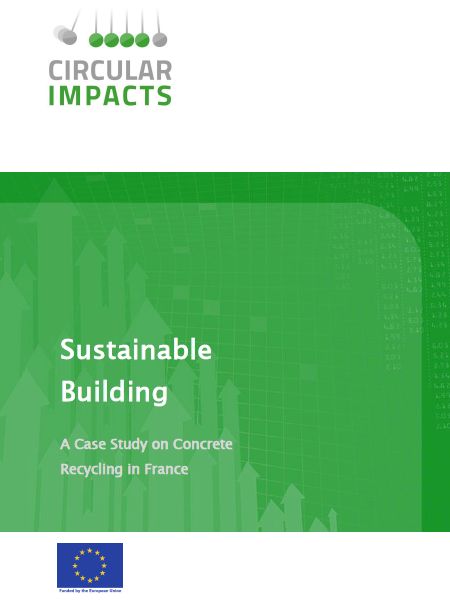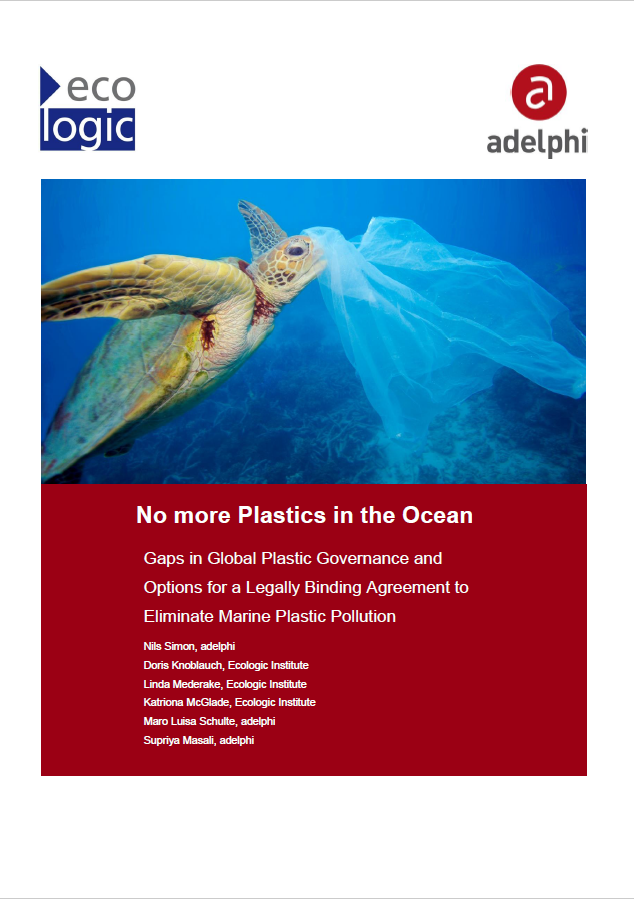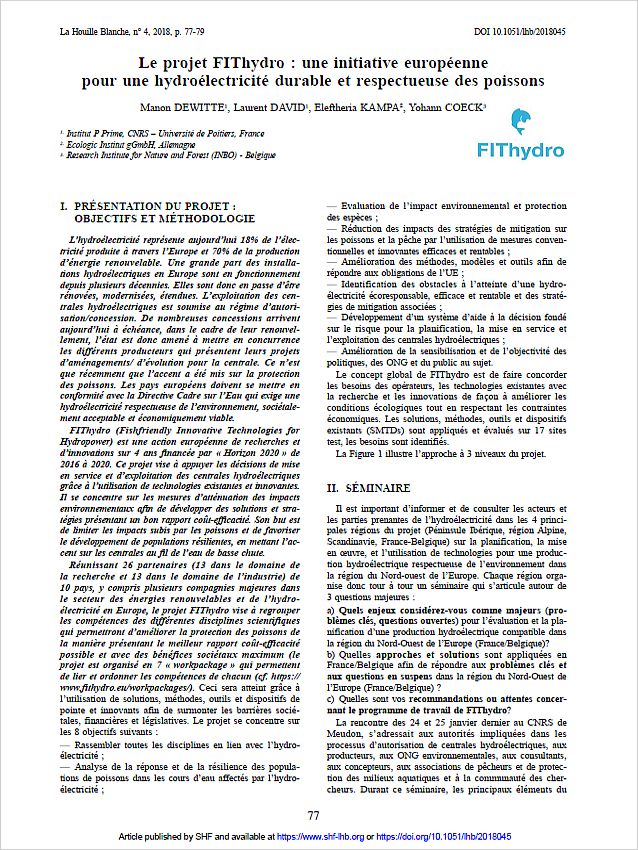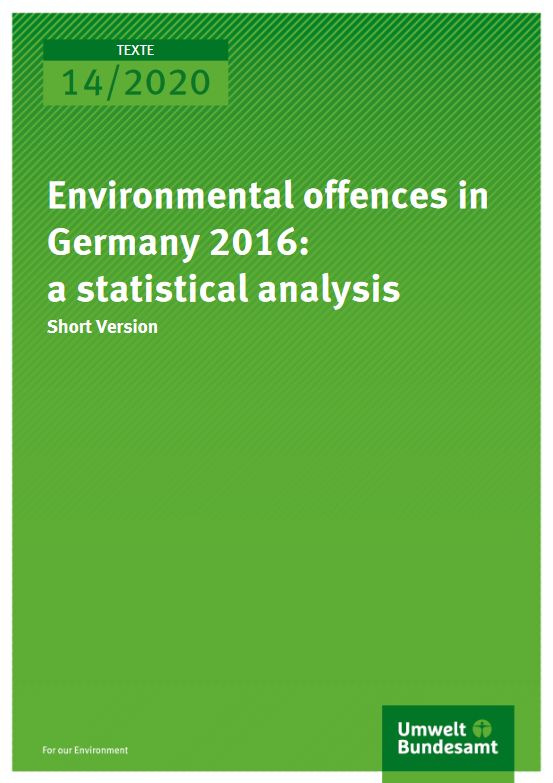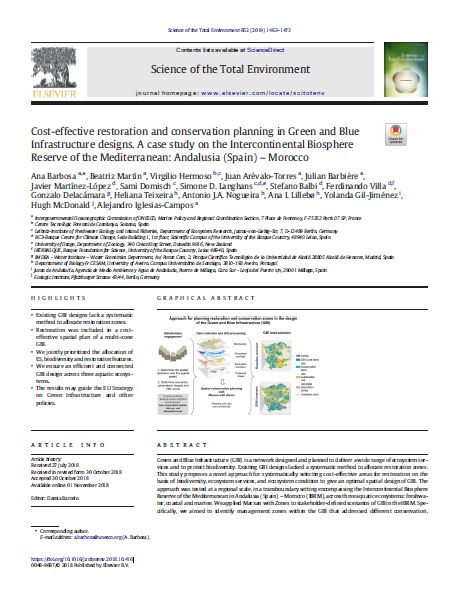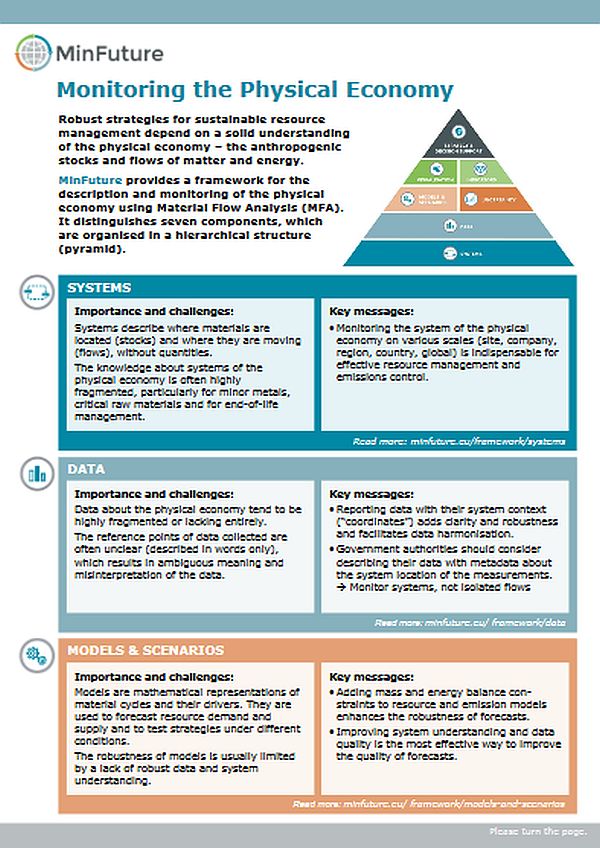Event:Workshop
Event:Conference
Presentation:Panel discussion
Event:Conference
Publication:Report
Publication:Report
Publication:Case Study
Publication:Report
No More Plastics in the Ocean
Gaps in Global Plastic Governance and Options for a Legally Binding Agreement to Eliminate Marine Plastic Pollution
Year
Read morePublication:Article
Publication:Report
Publication:Article
Cost-effective Restoration and Conservation Planning in Green and Blue Infrastructure Designs
A case study on the Intercontinental Biosphere Reserve of the Mediterranean: Andalusia (Spain) – Morocco
Year
Read moreProject
Project
Publication:Fact Sheet
